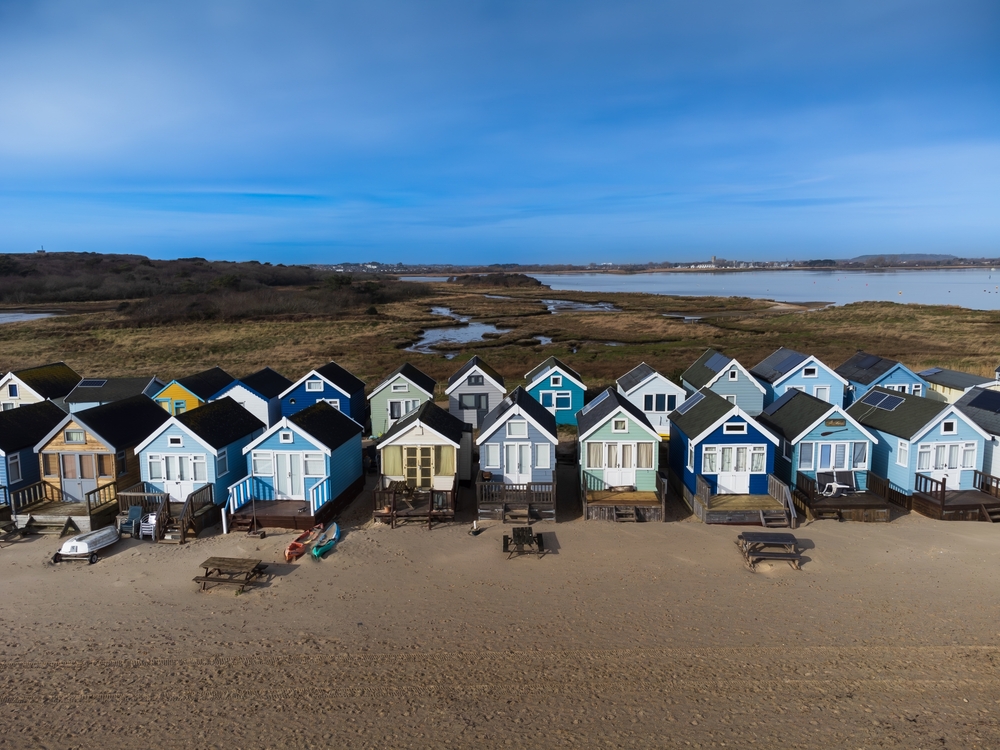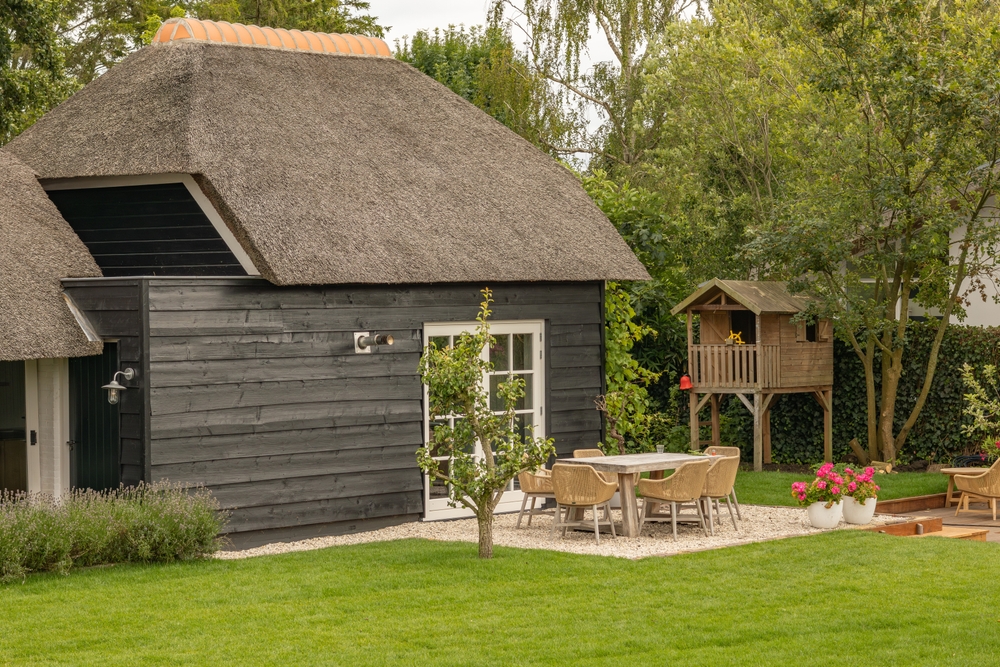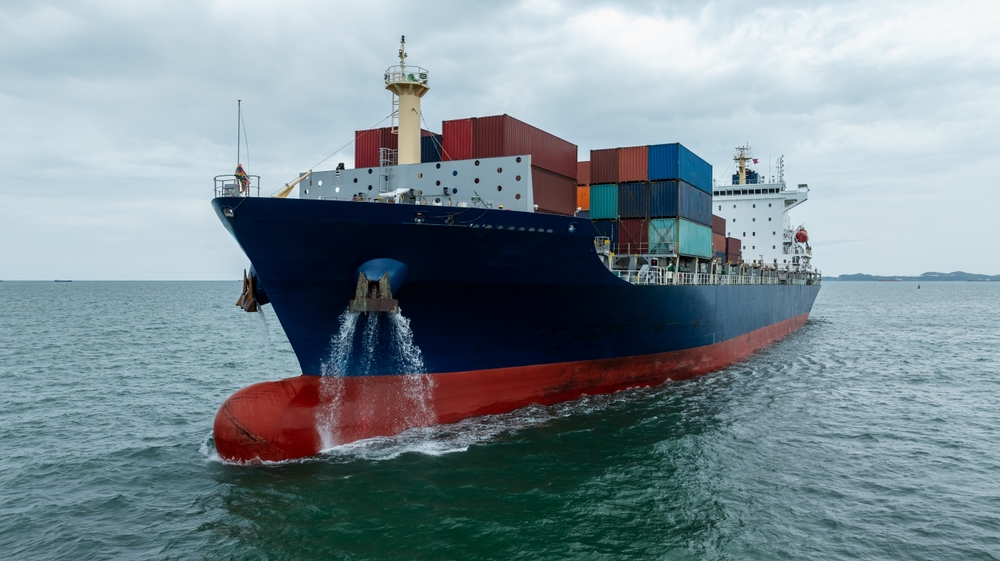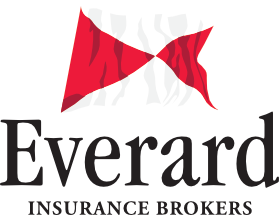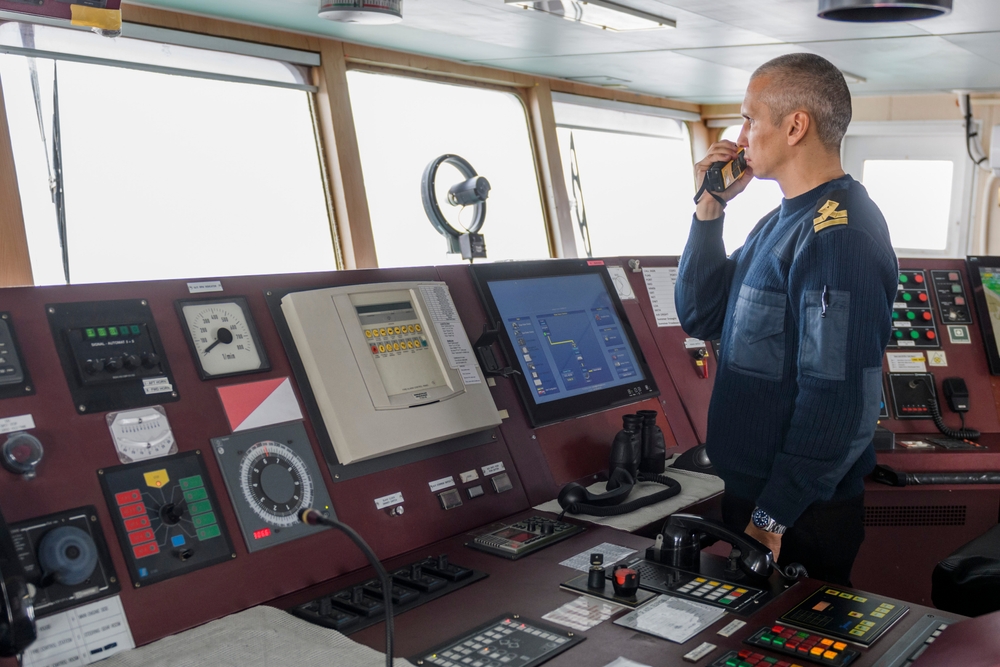If you are a professional photographer, you will need dedicated insurance to cover you, and your customers, for the specific risks associated with your role.
In this post we will outline the key forms of cover for photographers, including some forms of cover that you may be required to get by law.
What Insurance Do Photographers Need?
There are a number of risks which photographers and videographers face due to the nature of their job. As a result, photographers should consider the following types of insurance as essential:
- Equipment insurance
- Employer’s liability insurance (legally required for employers)
- Public liability insurance
- Professional indemnity insurance
We’ll explore each of these to look at what they cover and what it means to you and your photography business.
Photography Equipment Insurance
Equipment insurance, which may be referred to as contents insurance, will cover your expensive equipment for loss, damage, or theft. This can include your camera, lenses, lights, laptop, smartphone, development equipment, and whatever else you use as part of your role.
If any of this equipment is lost, damaged, or stolen, your insurance can cover you for repairs or replacements.
Employer’s Liability Insurance
If you hire any staff, then you have a legal obligation to get employer’s liability insurance. This will cover your staff for any accidents or injuries they may experience while working for you.
You need employer’s liability insurance even if you only hire a single temporary assistant for a few hours a week. And you even need this form of cover if friends occasionally help you out.
Public Liability Insurance
This will cover members of the public for any accidents or injuries that may occur while you are working. If a member of the public makes a claim against you, then your public liability insurance can cover your legal fees, along with any compensation payments that may arise.
Here are some situations where your public liability insurance would provide essential cover:
- While photographing a wedding, a guest trips and falls over a loose wire, or one of your bags.
- While visiting a client’s home or premises for a shoot, you accidentally damage their property, such as through spilling a cup of coffee on their carpet.
- A client, contractor, delivery person, or other member of the public slips, trips, or falls while visiting your photography studio.
Professional Indemnity Insurance for Photographers
This can cover you for claims involving negligence, breach of contract or trust, or defamation. Depending on the sort of photography work you do, professional indemnity insurance may prove invaluable:
- If you are a product or a fashion photographer, your client may not be satisfied with your work. They may make a claim against you, alleging that your work did not meet the terms of your contract.
- If you are a photojournalist, the subject of one of your photos may feel that your work does not paint them in the most flattering light. As a result, they may make a claim of defamation against you.
- If you are an event photographer, someone may allege that you took their picture without their consent. This could result in a claim of breach of confidentiality or trust.
In each case, your professional indemnity insurance would cover your legal fees along with any compensation that may arise as a result of a claim.
Get Dedicated Photographer Insurance From James Hallam
At James Hallam, we are proud to support the photographic industry sector through our sponsorship of:
- The British Institute of Professional Photographers
- The Association of Photographers
- The Master Photographers Association
We understand your unique insurance requirements, and you can count on us to get the specialist cover you need at a competitive price.
Learn more about our specialist photographer insurance services.





